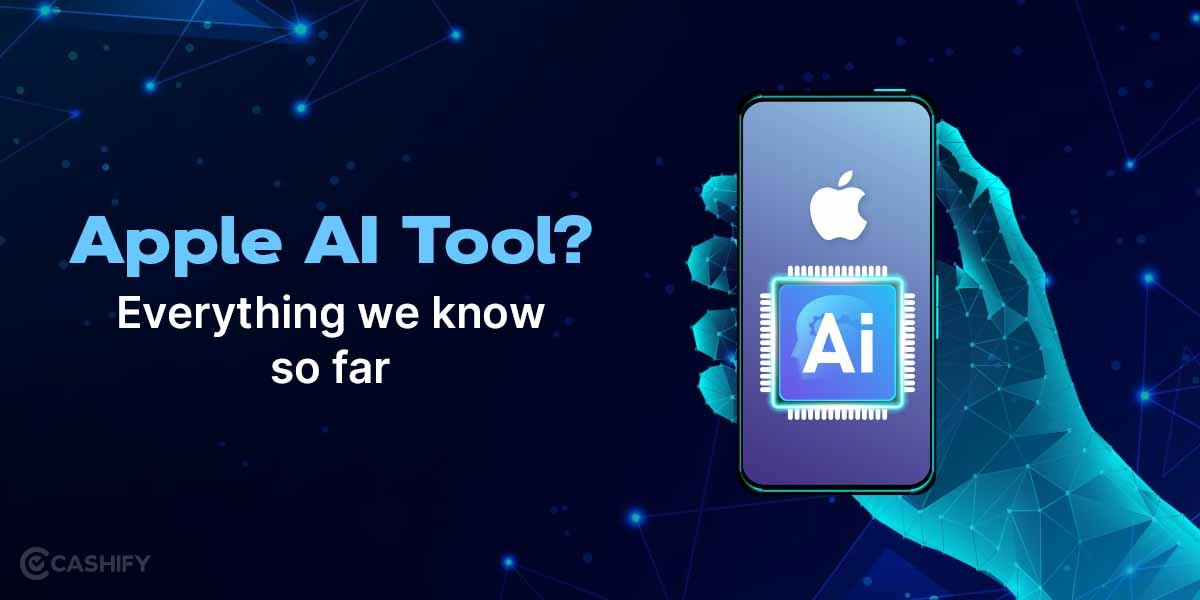While the concept of AI, particularly chatbots, has only recently gained widespread recognition, its impact has been undeniably impressive for many. However, we are now witnessing a significant evolution with the emergence of AI agents—entities that exhibit almost sentient qualities.

These agents can observe their environment, autonomously take actions to accomplish goals, and enhance their knowledge over time. This marks a profound shift in AI’s capabilities and potential as these agents become more akin to autonomous entities navigating and interacting with their surroundings.
A cognition AI startup has recently made waves in the tech community by unveiling its AI program, Devin, capable of performing tasks typically reserved for skilled software engineers. Devin’s capabilities go beyond traditional chatbots like ChatGPT and Gemini, as it provides solutions, plans, codes, and tests and implements them.
On the other hand, Google’s SIMA, short for ‘Scalable, Instructable, Multiworld Agent,’ represents a groundbreaking development in AI technology. Trained in various video games, SIMA can understand natural language commands within the virtual gaming environment. It employs image recognition to execute tasks effectively.
With several game developers, Google has facilitated SIMA’s training across various video games. Notable titles include No Man’s Sky by Hello Games, Teardown by Tuxedo Labs, Valheim, and Goat Simulator 2. SIMA has been equipped with a sophisticated understanding of virtual worlds and gameplay mechanics through this partnership, enabling it to navigate and interact autonomously within these environments.
Furthermore, Google has leveraged advanced AI models to translate their capabilities into practical, real-world actions through a language interface. This integration of cutting-edge AI technology into everyday tasks showcases the transformative potential of AI agents like SIMA in bridging the gap between virtual simulations and tangible applications in the physical world.
Its creators tout Devin as an “AI software developer.” In a notable demonstration, Devin tested Meta’s open-source language model, Llama 2, across different hosting platforms. Impressively, Devin generated a detailed project plan, wrote the necessary code to access APIs, ran benchmarking tests, and even created a summary website showcasing the results.
While staged demos should be approached cautiously, Cognition AI has garnered attention and endorsements, sparking discussions and even memes speculating about potential job displacement within the tech industry.
Devin represents a prominent example of a broader trend—the rise of AI agents capable of taking proactive steps to solve problems rather than merely offering advice or answers. This trend has been observed across various domains, including software engineering and video gaming.
Aside from startups like Cognition AI, major players such as Google DeepMind are also actively involved in developing AI agents. DeepMind’s SIMA, for instance, has demonstrated proficiency in playing complex video games and learning from human players to perform a wide range of tasks. While currently deployed in gaming environments, there’s speculation that these agents could eventually transition to tasks beyond gaming, such as web browsing or software operation.
However, despite AI agents’ promise, challenges remain, particularly concerning error rates and the potential consequences of mistakes. Efforts to narrow the scope of AI agents’ tasks may mitigate risks, but there’s still a long way to go in ensuring their reliability and safety.
Looking ahead, the landscape of AI agents is poised for significant advancements. Demis Hassabis, CEO of Google DeepMind, has indicated plans to integrate large language models with gaming-trained AI programs, envisioning a leap in capabilities as these systems evolve to become more agent-like. As investments in this area continue to grow, we can anticipate further developments and innovations in AI agent technology shortly.









